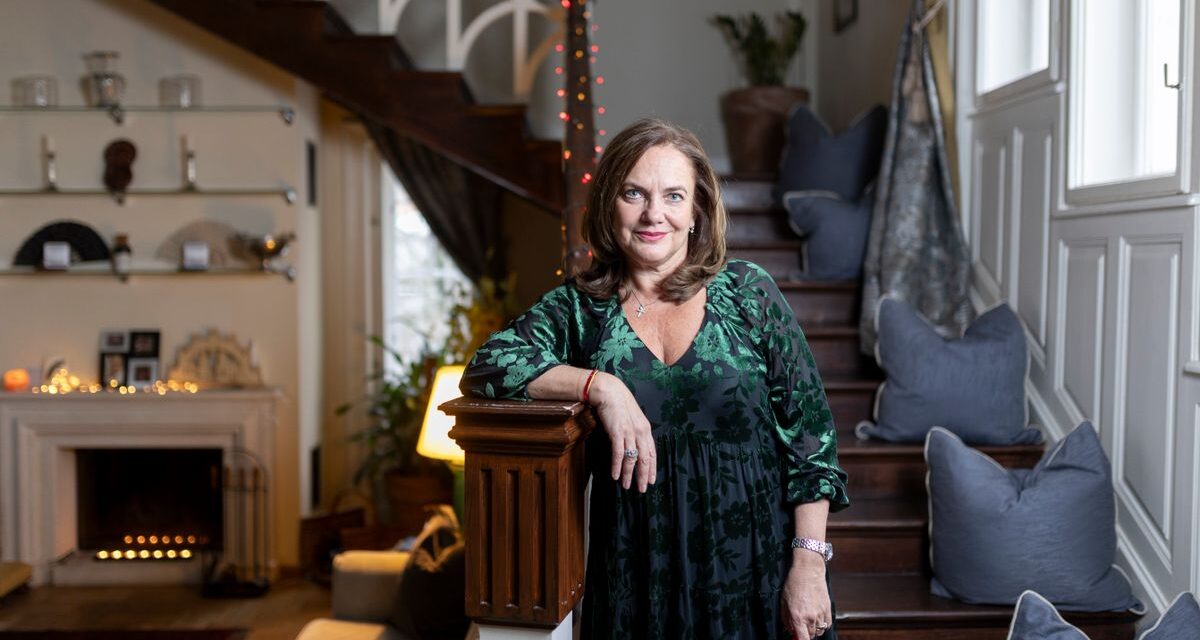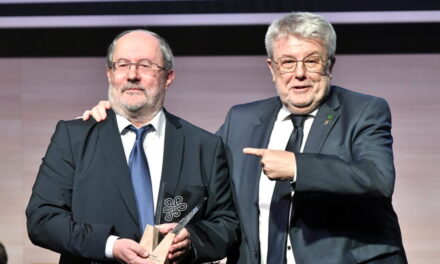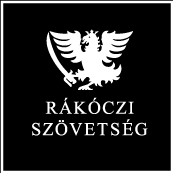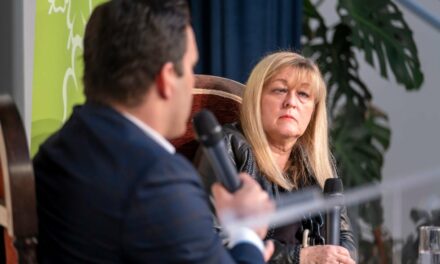What role do historical families play in Hungarian society today? What is the situation of women in this country today? Why is it important to address the new generation of the 21st century? Interview with Margit Batthyány-Schmidt, president of the Hungarian Women's Union and the Hungarian Batthyány Foundation.
What role do historical families play in Hungarian society today?
I can only speak for our own family. Through my husband, we are distantly related to Count Lajos Batthyány, former Prime Minister. Lajos Batthyány's descendants are still alive in the world, but they are also connected to this family through the female branch. Our family belongs to the princely branch: my husband, Ádám is the grandson of László Batthyány-Strattmann, my children are the prince's great-grandchildren.
Of course, we keep in touch with the members of other historical families who are alive today, I can say that we are also friends with many of them.
In relation to the historical families, it is worth noting that all of them were active families at one time: they founded a hospital or school, built a church, took a significant role in supporting science and art, industrialized, and developed agriculture. Almost all of them can be connected in some way to the Batthyány family. As far as the present is concerned, we are at the forefront with our social responsibility and set an example for the present.
We operate several civil organizations, established awards, hold training, mentor and try to open up to the younger generation as well.
We do all of this in the spirit of traditional innovation, a concept I have protected. This year, we announced the importance of creating social peace, and we will continue to do so next year, in 2024. We are also proud to recognize the work of outstanding professionals with awards every year. This year Vizi E. Szilveszter, a Hungarian doctor and pharmacologist who won the Széchenyi Award twice, and the former president of the Hungarian Academy of Sciences, received the Count Lajos Batthyány Award. The Count Zichy Antónia Award, named after the wife of the martyred Prime Minister, was received by actress Tordai Teri Kossuth and Mari Jászai.
Is there an organization that unites Hungarian historical families?
Yes, there is an Association of Hungarian Historical Families that holds these families with a long history together. The professional programs organized by the association create a good opportunity to meet and exchange ideas at regular intervals. The Magyar Batthyány Foundation also has a cooperation agreement with them - but family ties are even more important, as few people know, for example, that the Batthyány and Zichy families are very close, cousins.
He mentioned that they are open to members of the younger generation. Why do you consider it important to address the new generation of the 21st century?
The historical past is past. Our task is to preserve, nurture and pass on the intellectual heritage left to us.
However, this requires young people in historical families who feel the weight of this responsibility. In our family, my son Batthyány Boldizsár is one such person, who jointly founded the Youth Batthyány Circle with the Lajos Batthyány Foundation. I am proud that at such a young age, only 24 years old, he recognized the importance of this social responsibility. The mission of the NGO he leads is to reach and address the members of the young generation, and to organize thematic events around the topics they are interested in. They are very successful, I am proud of it!
She is also the president of the Hungarian Women's Union. What does this NGO represent, which celebrated its jubilee this year?
The Hungarian Women's Union celebrated its tenth anniversary this year. Thus, it can already be said that it was formulated a decade ago
our five core values also celebrated, such as faith in God, family, nation, motherland and community.
Unfortunately, due to the war raging around us, I now also have to mention security, which I consider to be the sixth basic value. I am proud of our achievements, we are one of the most successful women's organizations not only at home, but also at the European level. Over the past years, we have built up high-level relationships with many international organizations, such as the UN organizations, ECOSHOT, UNESCO or FAO. In addition to all this, we are present as experts at several European institutes. We constantly apply, hold trainings, mentor, and ask important social questions. We visit the countryside, we support the career development of women living in the countryside, we bring cultural values to Hungarians across the border: we present a play, organize a conference for us.
How do you assess the situation of women in your country these days?
I do not support the institution of a female quota.
A woman should not win a position because there is a dedicated quota.
Excellence should be the deciding factor in all cases, that is, the most prepared should win the given job, regardless of gender or age. This may be idealistic, but it fits into my worldview.
The full interview can be read on Mandine!
Featured image: Márton Ficsor / Mandiner












